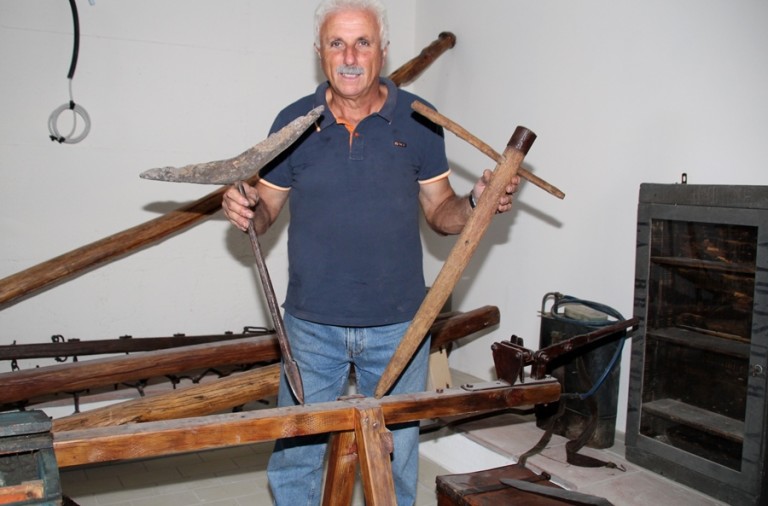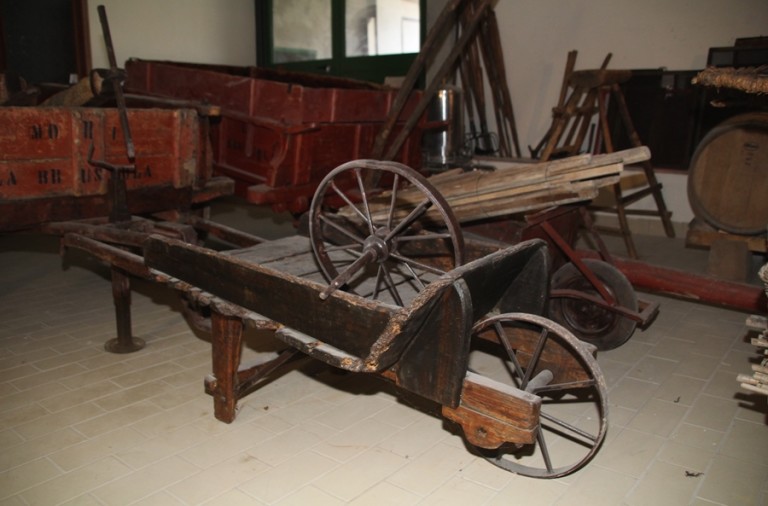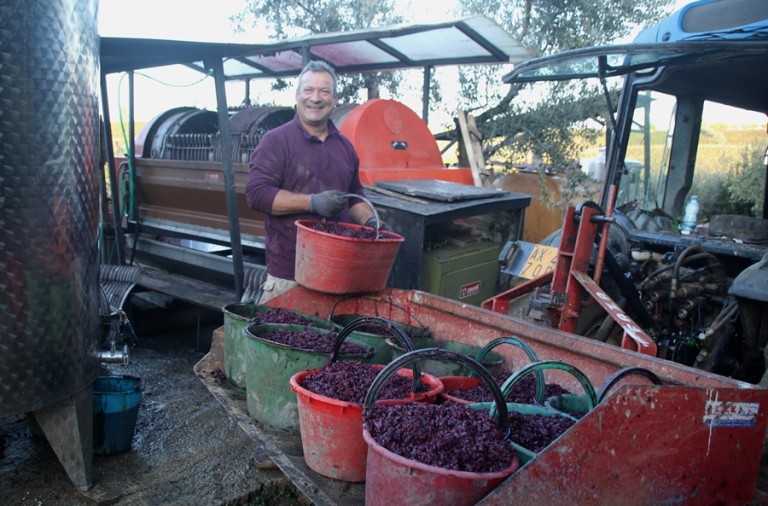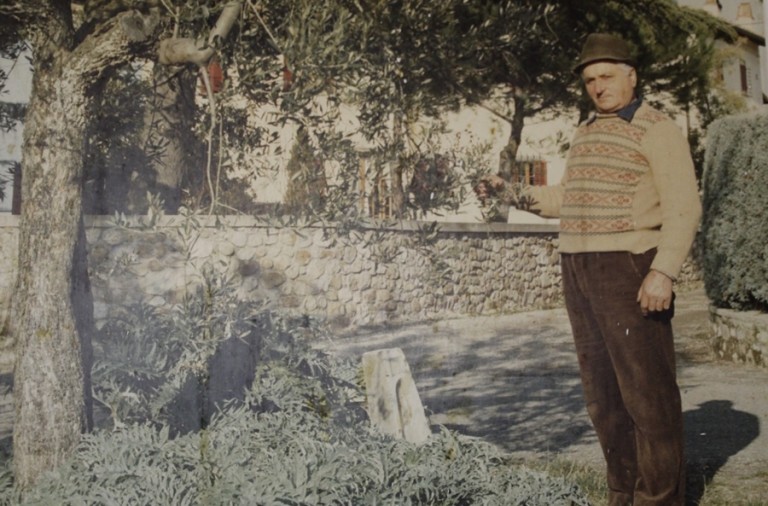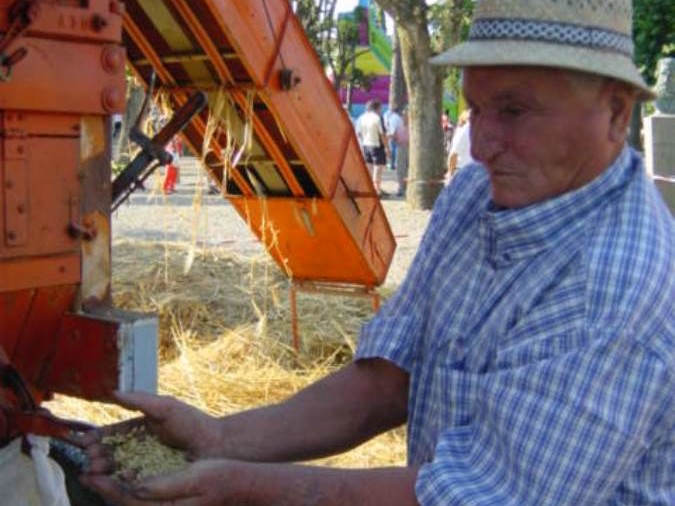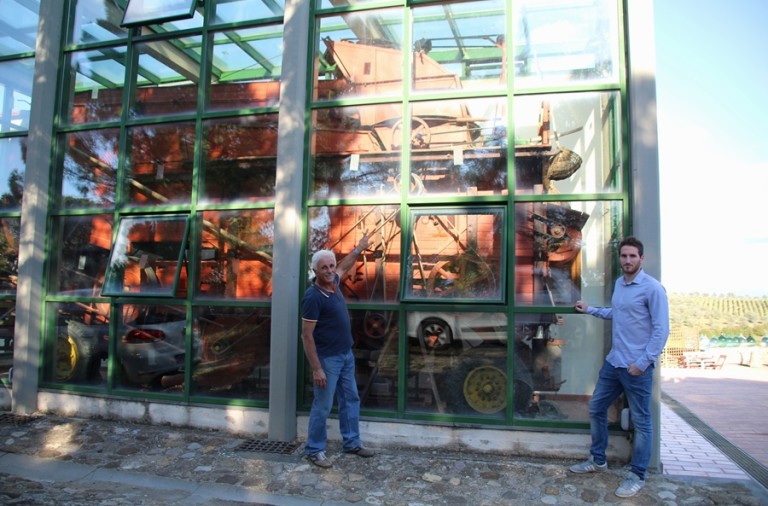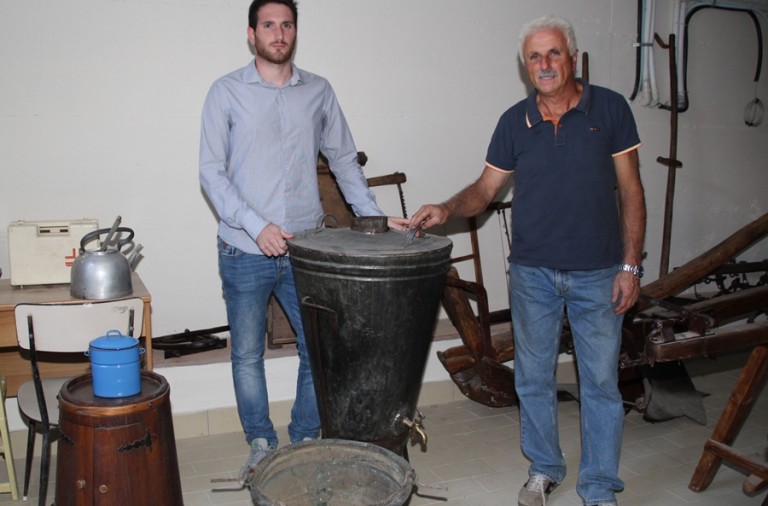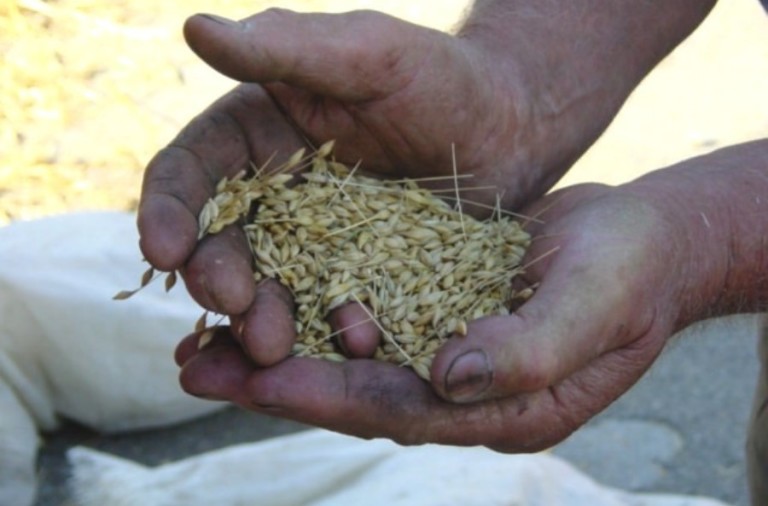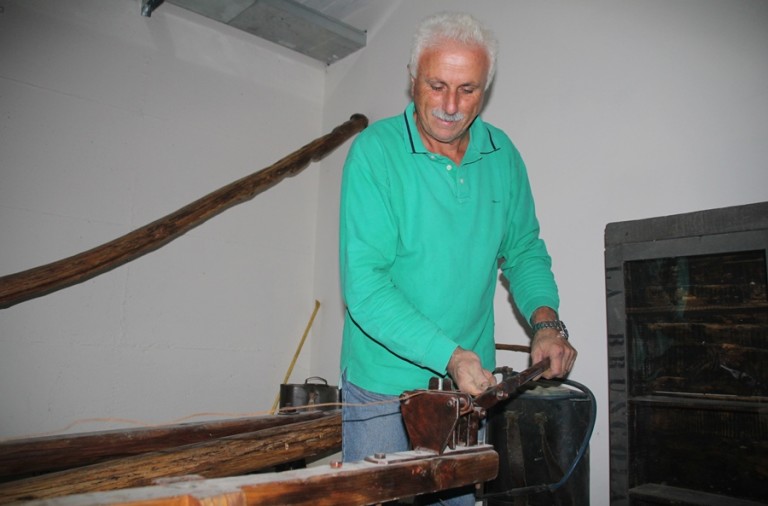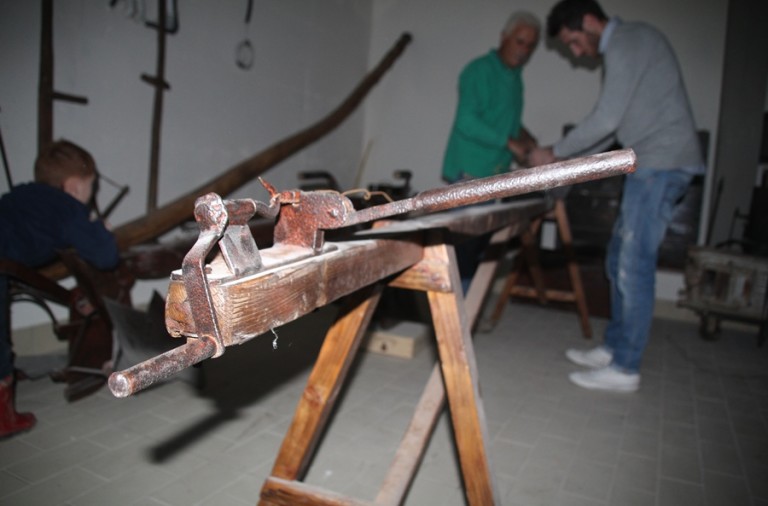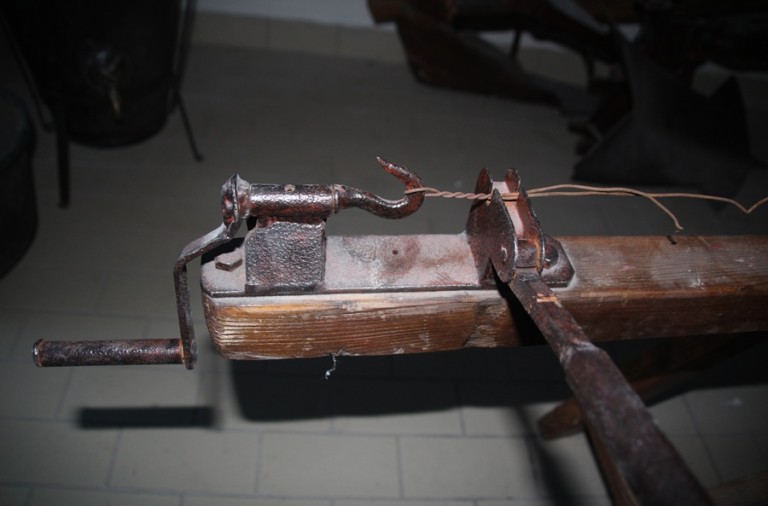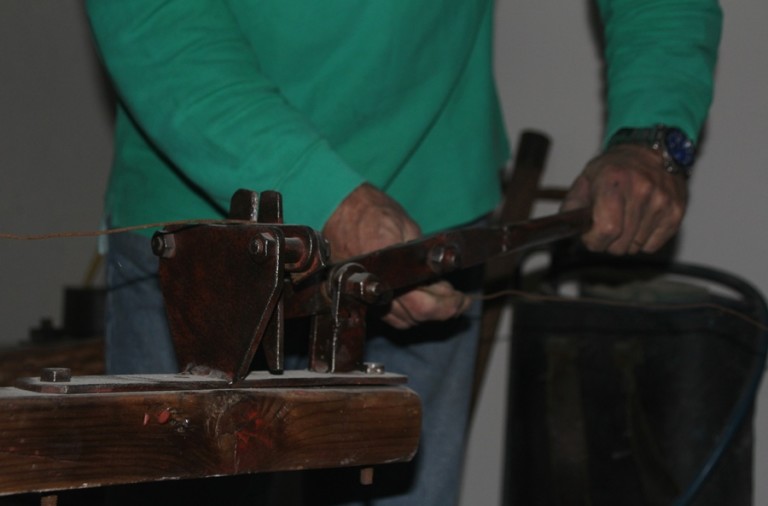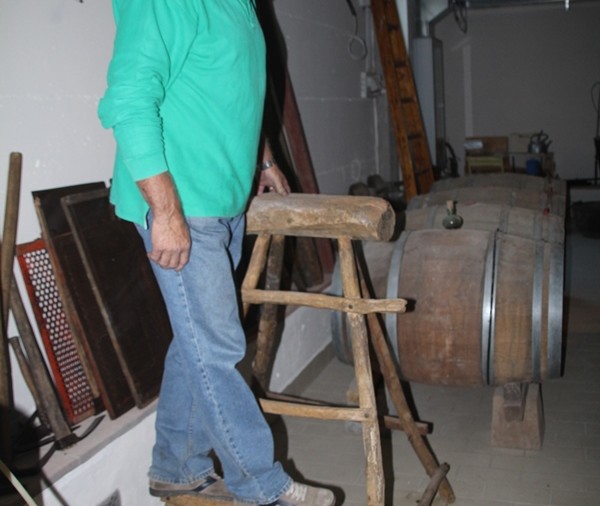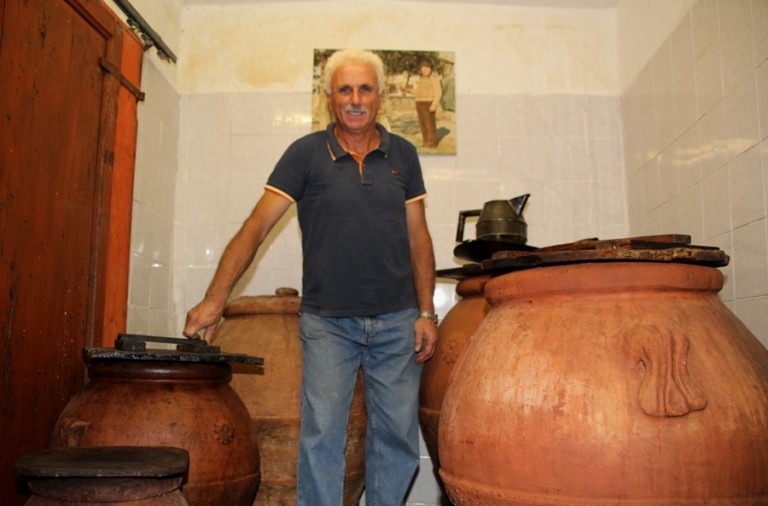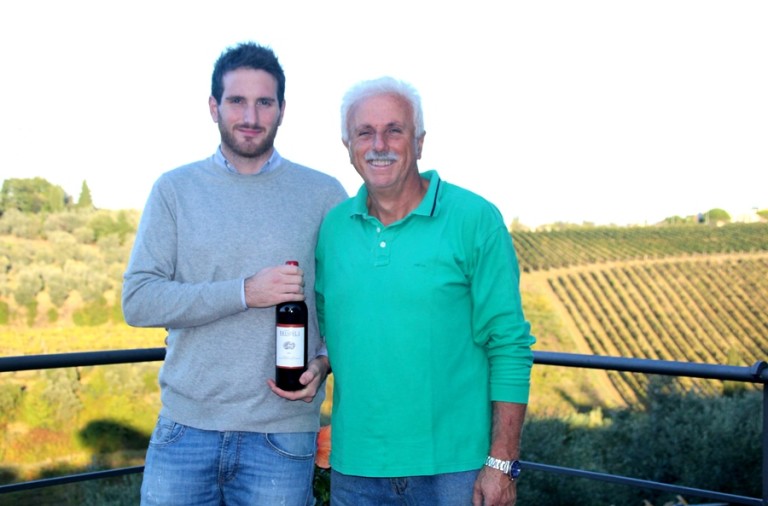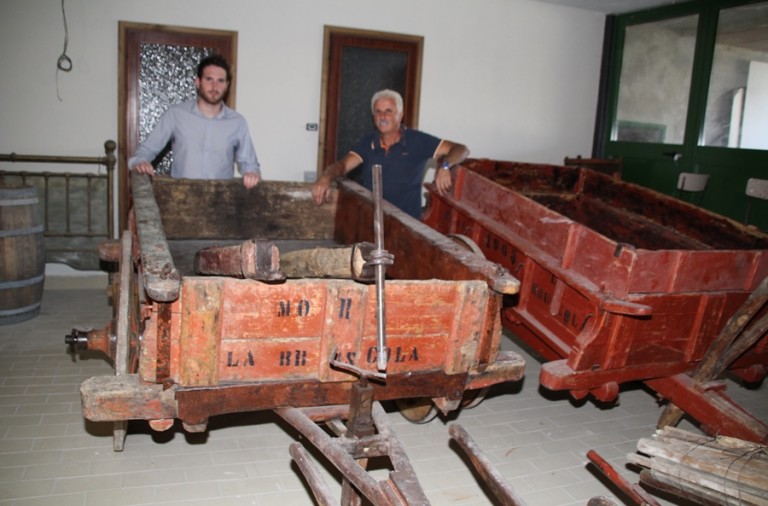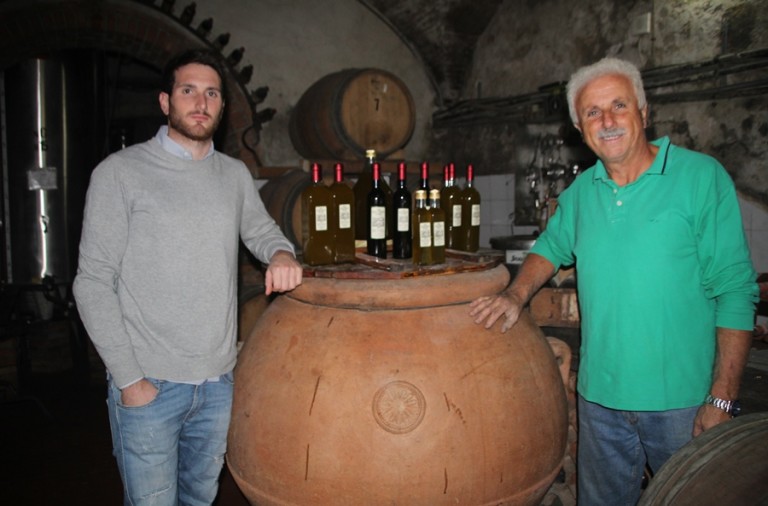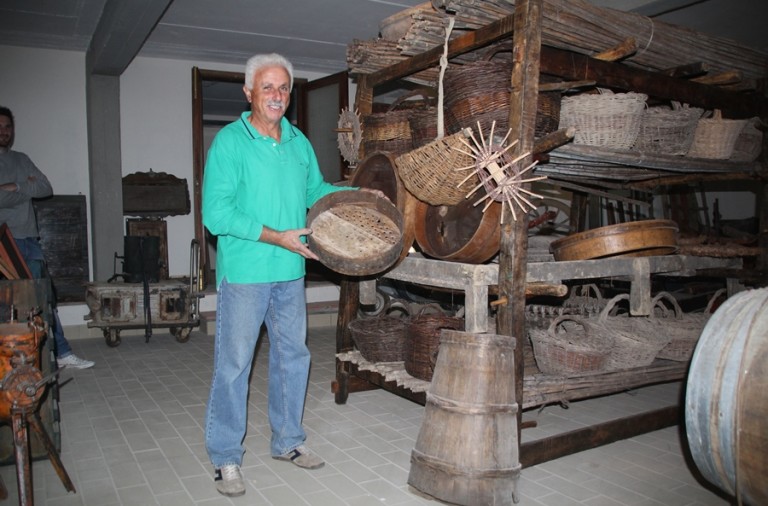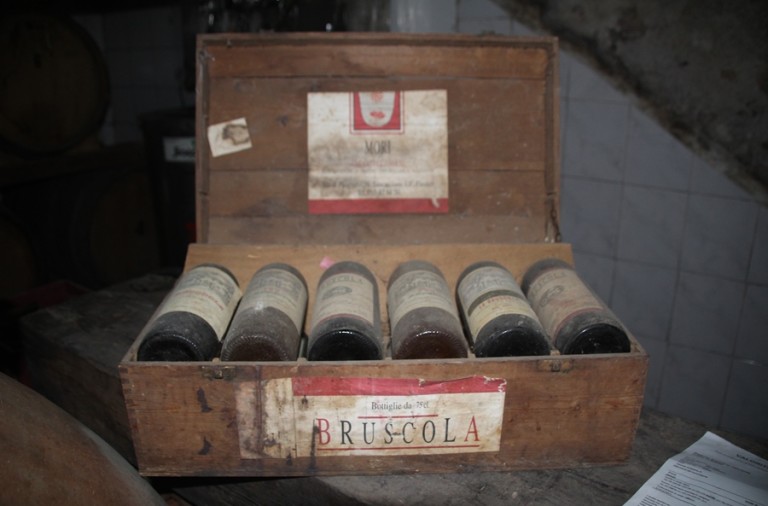Articolo disponibile anche in: Italian
Nonno Dante transmitted his love for the land to his children and grandchildren. All of them together, a year after his death, decided to continue in his footsteps, giving life to the “Società Agricola Agrituristica Bruscola” s.s., immersed in an environment of vineyards and olive groves in via Pisignano 16, San Casciano.
Gennaro Mori tells us the history of “La Bruscola” and its project with enthusiasm: “Our family comes from San Pancrazio, between Santa Cristina in Salivolpe and San Vito. My mother, who passed away six years ago, was called Torellina. My father was Dante.. I saw my father very little. He left early in the morning and came home late at night”.
What did he do?
“My father was a contractor for farm machinery for the preparation of land for cereals: from wheat, to corn, to small seeds. In 1966, mom and dad decided to leave sharecropping and bought the farm where we are now located. My sister Marisa and I felt ourselves involved in running the structure, both mentally and physically. In the meantime, I married Gianna and we had three children (Sara, Silvia and Stefano); my sister married Paolo and had two daughters, Irene and Elena. We divide the work. Paolo and I take care of the fields, while my wife and Marisa take care of the farm-stay with nine beds”.
Did your children follow a different direction than farming?
“Each made a choice that they like, but they help us. Sarah and Stefano took a sommelier course. The company formed slowly with this outside help”.
How much land does “La Bruscola” cover?
“Six hectares of land; three of vineyards and three of olive groves. We work around a hundred and 30 quintals of Chianti Classico and 100 among IGT, cabernet and white. For olive oil, we have around 1250 plants and produce between eighteen and twenty four hectoliters. We would like to arrive at 30”.
We can’t forget that once in our countryside we grew wheat, an indispensable source of life, which isn’t planted in our fields anymore…
“Adolfo, my grandfather, in 1926, received a “potino” diploma which I still have. He could hardly write. He learned by going to the priest in the evenings, but he worked the land with grande passion and love. Wheat was at the base of their daily life. It was a treasure. They spoke about grain accounts. Your wealth was based upon how many sacks of wheat you had. They represented the security of feeding a family made up of two generations living under the same roof. For this reason, I would like to valorize wheat and make it known to new generations because for many years it represented life for so many families”.
Did the idea to create a museum “La Bruscola” begun here?
“Yes. After my father died we found many objects, work instruments used in the country. We are putting together a small museum. There are wagons which used to be pulled by oxen, a kettle used to boil water every time a calf was born, container bread baskets, a sieve for fava beans, a small tool used to plant vines, various ladders, one in which a dead pig was hung. A particular object was used by kids during the threshing, where an iron thread was hung and twisted to be then used for tying the presses. We still have the thresher used by my father in 1995. It is still functioning. When we have fairs and town festivals they ask us to exhibit it and to explain how it works. We are also setting up a room where photos and films of the area will be projected”.
Does your company get its name from an object that was used in the fields?
“Yes. The “bruscola” is a type of basket made by hand that was used during our olive gathering. It was hung on the shoulder and the olives were made to fall inside the basket. From here derives the name of the company”.
You try to transmit all of your love for the countryside to your children and grandchildren so that the thread isn’t broken.
“I have tried to plant the seeds,. It will probably help some of our children enter the company which was created with such sacrifice. Without being forced however… because if life gives them the opportunity to have better jobs than working the land, that is fine. I, however, will not forget our origins and I am proud to make them known”.
Antonio Taddei
